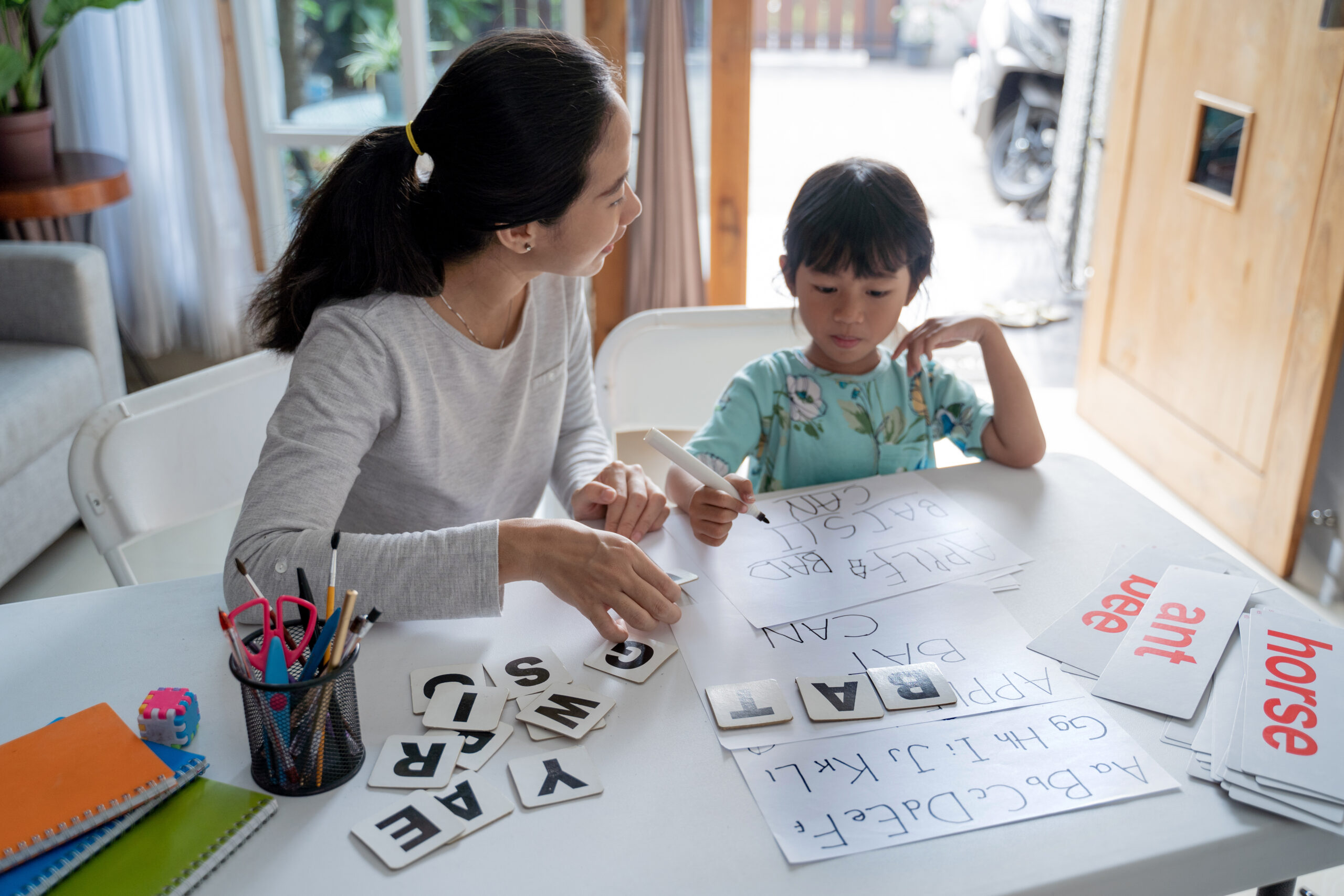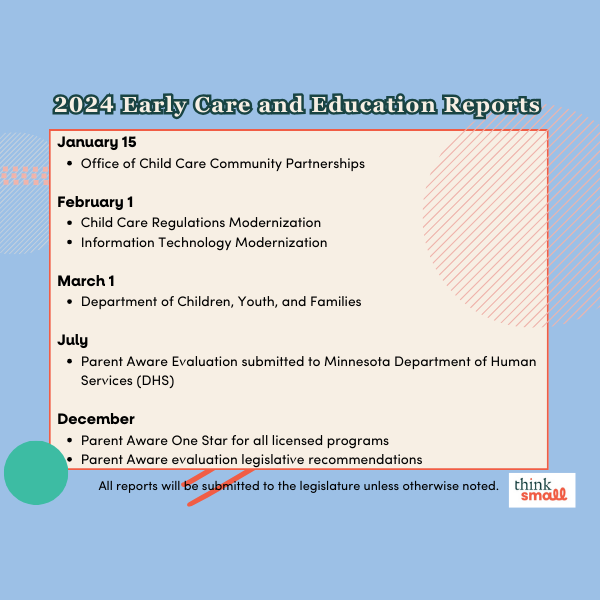CCAP helps families pay for child care costs while parents go to work or school. It is a complex program that receives federal and state funding. Minnesota counties administer the program with state and federal oversight. We reached out to Deb Fitzpatrick and Clare Sanford to give more context to the Child Care Assistance Program (CCAP) changes that passed during the 2023 legislative session. This post focuses on changes to the CCAP waitlist and eligibility.CCAP Basic Sliding Fee Wait List: Permanently ReprioritizedThere are two parts to CCAP in MN: MN Family Investment Program (MFIP) and Basic Sliding Fee (BSF). MFIP CCAP is what the name says- CCAP support for families also receiving support through MFIP. MFIP CCAP is “forecasted” in the state budget – that means it is automatically built into future budgets so that anyone who qualifies for it has it available immediately. BSF CCAP is different. Instead of being part of the state budget forecast this program is instead a “capped allocation” – meaning there’s a certain amount of money allocated to it by the legislature, and when that money is used up families must go on wait lists until funding becomes available.The ideal situation would be to forecast all of CCAP in the state budget. In that scenario every family who qualified for any type of CCAP would be able to access it right away, supporting greater continuity and consistency for children and more seamless workforce participation for families. Without funds available for full forecasting, the next best solution was to reprioritize the BSF CCAP wait list.The order of priority groups of eligible families receive is set in state law. There are a lot of wonky details (email either guest author if you’d like to understand further), but what it boils down to is that if you strategically change the order those groups are prioritized in, the net effect is more families who have never used MFIP CCAP (but who are eligible for BSF CCAP) get served sooner, staying on wait lists for shorter periods of time or avoiding them altogether.The legislature was willing to try this experiment in 2021… and it worked. Really well. So much so that the decision was made to move this from a pilot to a permanent part of CCAP in 2023, and it became effective on 7/1/2023. Again, not as good as forecasting all of CCAP (there can and will still be BSF CCAP wait lists in some counties that change over time – 2,828 as of June 2023), but the next best thing and a solid win for MN families.On a related front, several changes were made this session to the MFIP program — 6-Month Eligibility & Current Income for Benefit Determination as well as Sanction Reforms – that will create greater stability by making it easier for families to manage their participation in MFIP and the Child Care Assistance that comes with program participation.Annual Investment in BSF CCAPRecognizing that permanent reprioritization of the BSF CCAP wait would not eliminate all instances of families experiencing wait lists, the legislature and Governor also allocated some additional funds to BSF CCAP in order to help “buy down” wait lists as they arise. This additional funding plus reprioritization won’t eliminate wait lists either, but it will help and is expected to reach an additional 1,000 children/year. These funds will be available as of 1/1/2024.Change in Definition of “Family” for CCAP EligibilityMany of us have worked with foster families over the years who are shocked to find out they weren’t eligible for CCAP support. They have stepped forward to take in our most vulnerable children, often unexpectedly, and without access to child care realized they cannot continue to work themselves. This situation has always felt heartbreaking and unfair to both the foster parents and children alike. Happily, this too is changing. Foster parents and relative custodians will become eligible for CCAP in August 2024, and this improvement is expected to help an additional 2,600 children and their foster families.Want to learn about other changes to CCAP this legislative session? Check out the rest of the series.By Clare Sanford, Vice President of Government and Community Relations at New Horizon and the Government Relations Chair for the Minnesota Child Care Association & Deb Fitzpatrick, Policy and Research Director at the Children’s Defense Fund-Minnesota







